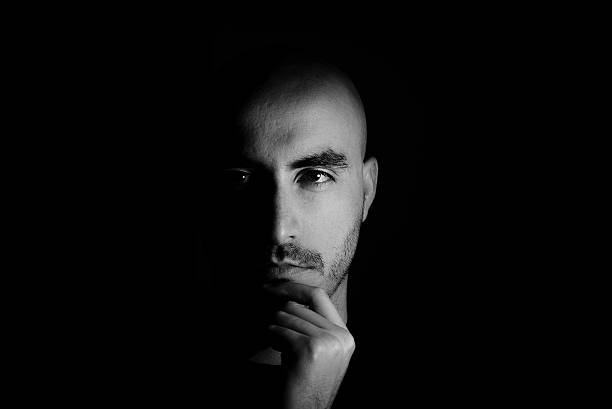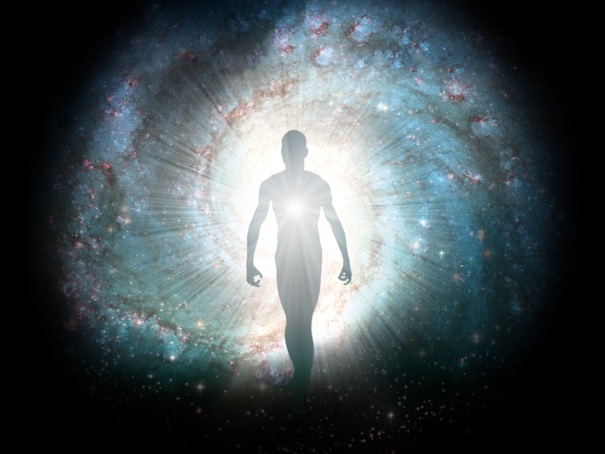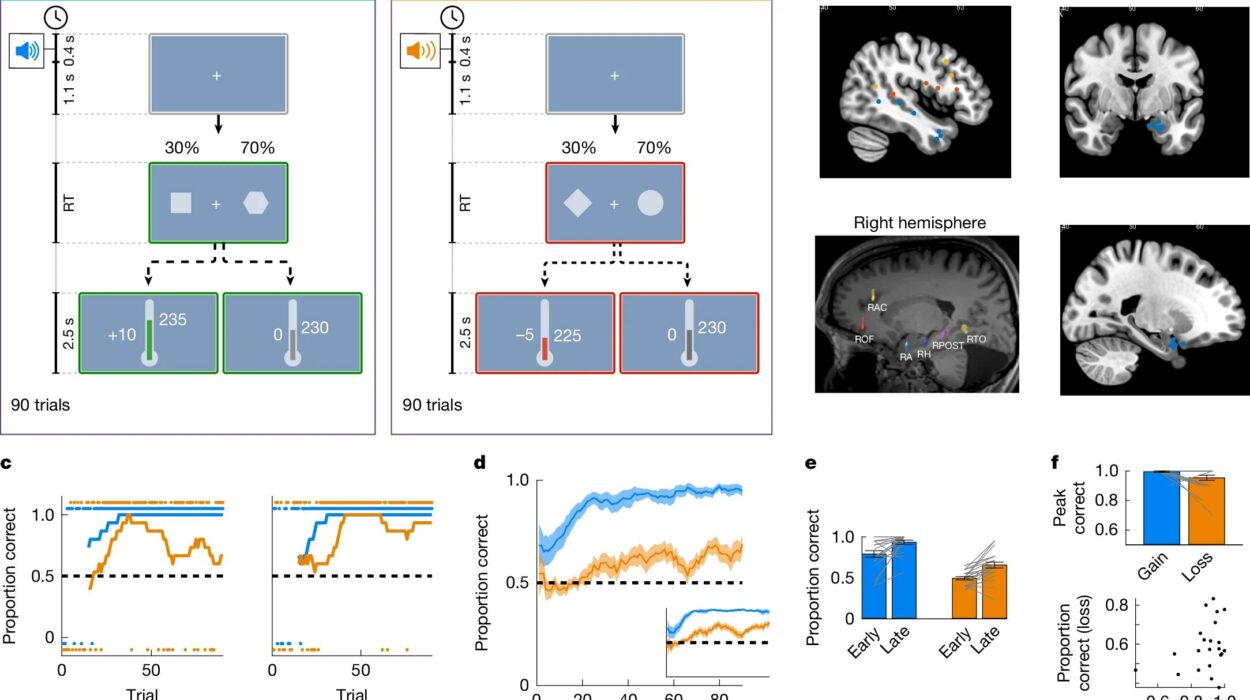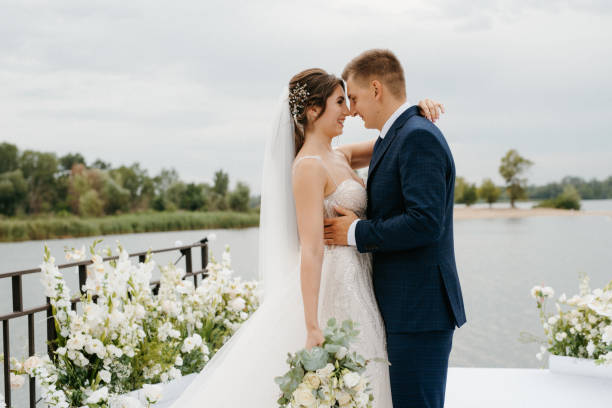There’s a strange ache in the human heart.
It sits quietly beneath your chest, right where logic can’t reach. It shows up when you think of someone you used to love. When you scroll through old photos, reread saved texts, or hear a song that was once your song. It whispers in the silence after a job loss, in the echo of a friendship that faded, or in the bittersweet breath of a home you had to leave behind.
You know you need to let go.
You know it’s over. That it’s unhealthy. That it’s holding you back.
But still… something in you clings.
Why?
Why is letting go—something so necessary, so often right—so painfully hard?
To answer that, we need to go beyond the surface. Beyond advice columns and “just move on” mantras. We need to enter the emotional and neurological architecture of what it means to hold on—and what it truly costs to release.
Because this struggle isn’t about weakness.
It’s about being human.
The Illusion of Control
Letting go is not just about releasing a person, place, dream, or memory. It’s about releasing control. And that terrifies us.
So much of what we hold onto is driven by an unconscious belief:
“If I let go, I lose control. And if I lose control, I won’t be okay.”
We stay in unfulfilling jobs because they offer stability.
We tolerate toxic relationships because they feel familiar.
We keep punishing ourselves for past mistakes because it gives us a sense of order—this is the consequence I deserve.
We may even hold onto grief, believing that if we stop mourning, we’re betraying the person or the past we lost.
But here’s the secret:
Holding on doesn’t protect us. It traps us.
And the longer we hold on, the harder it becomes to tell the difference between control and captivity.
The Brain Loves Closure. Life Doesn’t Give It.
Biologically speaking, our brains crave closure.
It’s called the Zeigarnik effect—our tendency to remember unfinished or unresolved experiences more vividly than those with clear endings. This is why it’s easier to get over someone who gave you a clear goodbye than someone who just vanished. Why that unanswered email still haunts you. Why the friendship that “just drifted” feels harder to release than the one that ended in a fight.
When we don’t have closure, our brains stay on a loop. We try to fill in the gaps. We rewrite the ending. We imagine what could’ve been. We relive old moments, hoping that this time they’ll end differently. But they never do.
Because memory isn’t a movie—it’s a prison when fueled by unfinished pain.
Letting go means accepting the story will never be rewritten. That the ending you got is the only one there is. And that kind of finality feels unbearable—until it becomes your freedom.
The Stories We Tell Ourselves
What we cling to is often less about the actual person or situation—and more about the story we’ve attached to it.
That job wasn’t just a paycheck. It was proof you were valuable.
That relationship wasn’t just love. It was a mirror that told you you were lovable.
That dream wasn’t just ambition. It was your identity.
We don’t just grieve the thing—we grieve the version of ourselves we were when we had it.
And sometimes, we cling because the story we built around the loss is gentler than the truth.
“He didn’t want commitment” is easier than “he didn’t want me.”
“It just wasn’t the right time” feels kinder than “I was never her first choice.”
“I could’ve made it work” hurts less than “it was never meant to.”
But the truth—though brutal at first—is what sets us free.
You don’t have to keep telling yourself a beautiful lie to justify why you’re stuck.
You’re allowed to accept the truth. And mourn it. And heal.
Trauma Makes Letting Go Feel Unsafe
For those who have experienced trauma—especially abandonment, neglect, or betrayal—letting go can feel like reliving the original wound.
If someone left you when you were young, every goodbye might feel like danger. If your needs were ignored, every loss might trigger panic. If your love was once weaponized, even healthy detachment might feel like rejection.
Your nervous system doesn’t care that you’re grown now. It remembers the feeling—the rupture, the loneliness, the shame. And it screams, “Don’t let go. It’s not safe.”
This is why some of us stay far too long in places we’ve outgrown.
We are not just resisting change.
We are trying to protect the inner child who once lost everything and had no power to stop it.
But now… you’re not that child anymore.
Now you can grieve consciously.
Now you can love yourself through the ending.
Now you can say goodbye with a voice that wasn’t allowed back then.
Addicted to Hope
One of the most seductive traps we fall into is the addiction to hope.
Hope can be a beautiful thing. It keeps people alive. It fuels revolutions. It sustains us through unthinkable darkness.
But sometimes, hope becomes a prison.
We stay in painful situations because we’re addicted to what could be.
Maybe they’ll change.
Maybe things will get better.
Maybe, if I just love harder, sacrifice more, wait longer…
But often, the people and situations we hope for are not changing—they’re draining.
And what we call hope is actually denial wearing perfume.
Letting go is not killing hope.
It’s redirecting it—from something outside your control to something within it.
From “maybe they’ll love me better” to “I can love myself fiercely.”
From “maybe this will work out” to “maybe something better is waiting.”
Hope doesn’t die when you let go.
It’s reborn in a truer direction.
Fear of Emptiness
One reason we hold on is because we fear the emptiness that might follow.
Who am I without that relationship?
What do I believe without that faith?
Where do I go without that dream?
Letting go feels like walking off a cliff with no parachute. It’s the fear of silence. Of the void. Of the liminal space between what was and what will be.
But here’s what no one tells you:
Emptiness is not the enemy.
It is the sacred pause between chapters.
It is the stillness that allows new wisdom to emerge.
It is the fertile ground where new dreams take root.
Yes, it’s uncomfortable.
But not because you’re failing.
Because you’re growing.
The Role of Ritual in Release
We are creatures of ceremony. Throughout history, humans have used rituals to mark beginnings and endings. Births. Deaths. Marriages. Separations. Coming-of-age.
But in the modern world, we’ve lost much of that. Breakups happen over text. Jobs end with an email. Friendships fade without goodbye.
And so, our hearts stay open-ended, grieving things we were never allowed to bury.
To truly let go, you may need a ritual.
Write a letter you’ll never send.
Burn old photos.
Pack a box and donate it.
Walk alone and speak your pain aloud to the trees.
Play the song one last time—and cry until it stops hurting.
Whatever your ritual is, do it consciously. Let it be your bridge to what’s next.
Not because it erases the past.
But because it honors that it mattered—and that it’s over.
Self-Compassion Is the Key
Letting go is not a one-time event. It’s a slow unthreading. A daily choosing. A returning to your own heart.
There will be days you want to go back. Days you convince yourself it wasn’t that bad. Days you reach for the phone, or the bottle, or the memory.
Don’t shame yourself for this.
Grief isn’t linear. Healing isn’t tidy.
You are not weak because you miss something you know was wrong for you.
You are not broken because you’re still hurting.
You are becoming.
And becoming is messy, sacred work.
Speak to yourself as you would a child learning to walk.
Gentle. Encouraging. Patient.
That’s how you let go—not through force.
Through love.
What Awaits on the Other Side
Letting go is a kind of death.
But every death in nature feeds something new.
When you release what no longer serves you, you create space—for joy, for truth, for people who love you the way you need to be loved.
You create space for your own voice, your own rhythm, your own life.
You stop waiting for someone else to give you permission to move forward.
You become the permission.
And one day, without even noticing, you’ll look around and realize:
It doesn’t hurt anymore.
You don’t miss them the same way.
You don’t crave what you used to.
You don’t define yourself by what you lost.
Because now you’ve found yourself again.
And you’re more whole than you’ve ever been.






